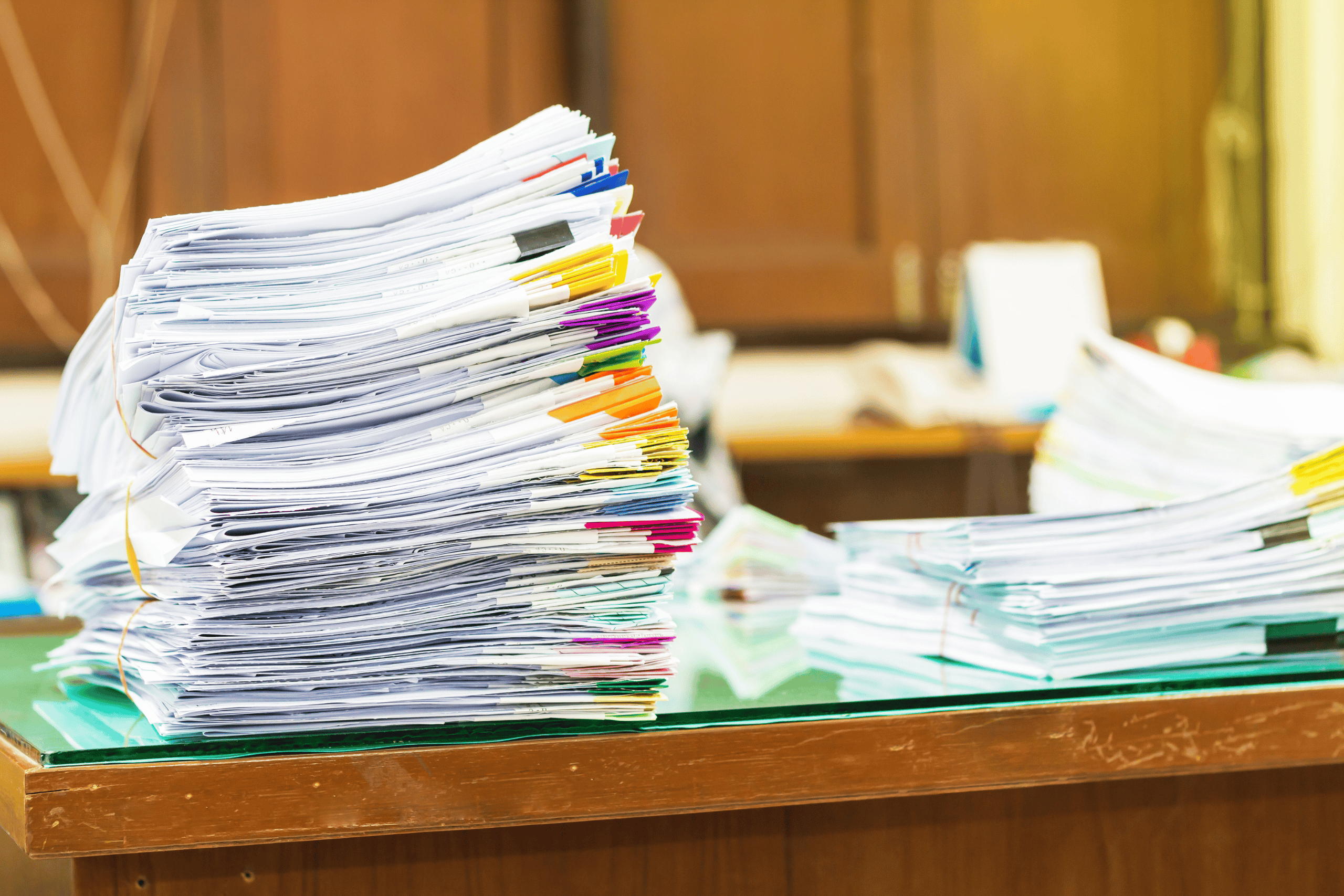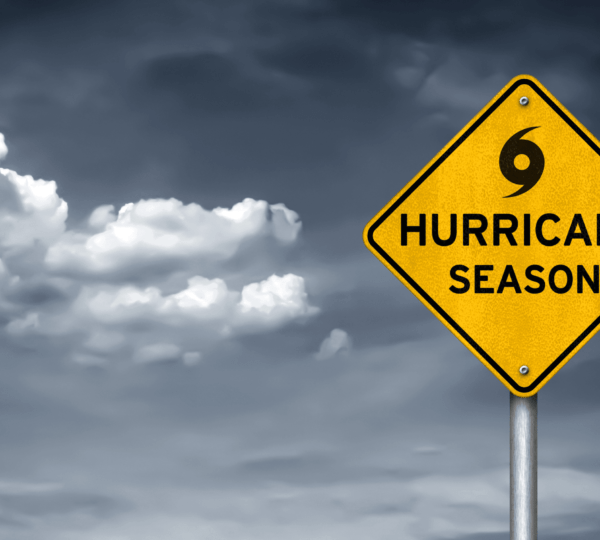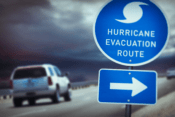
How to Secure Important Documents Before a Hurricane
Hurricanes are becoming more frequent and intense due to climate change, putting millions at risk of severe property damage and loss. In 2023 alone, the National Oceanic and Atmospheric Administration (NOAA) recorded an above-average number of named storms, with several reaching devastating categories. As these storms continue to wreak havoc, many people are left grappling with the aftermath—not just in rebuilding homes but in recovering lost or damaged personal records. This underscores the importance of preparing ahead of time, especially when it comes to safeguarding critical documents.
A recent survey by FEMA revealed that nearly 40% of Americans don’t have a disaster plan in place, including methods for protecting essential paperwork such as identification, insurance policies, and financial records. Without these documents, recovery becomes exponentially harder, delaying access to vital services and funds needed to rebuild. Considering that hurricanes can hit with little warning, having a plan to secure your important records is crucial to minimizing the disruption to your life.
This guide will walk you through practical steps you can take to ensure your most important documents are protected before a hurricane strikes. By implementing these strategies, you’ll be better prepared to recover quickly, avoiding the stress and frustration of lost paperwork in the chaotic aftermath of a storm.
- Create a Digital Backup:
- Scan documents: Scan essential documents, such as passports, birth certificates, driver’s licenses, insurance policies, tax returns, property deeds, marriage certificates, divorce decrees, wills, and medical records.
- Cloud storage: Store digital copies in a secure cloud storage service. Consider using multiple cloud platforms for redundancy.
- External hard drive: Maintain a physical backup on an external hard drive and store it in a safe, off-site location.
- Organize Your Documents:
- Centralized location: Gather all important documents and store them in a designated, easily accessible location.
- Categorize: Organize documents into categories for easy retrieval, such as personal identification, financial documents, insurance policies, property records, legal documents, and medical records.
- Consider a Fireproof Safe:
- Invest in a safe: If possible, invest in a fireproof safe to store original documents that cannot be easily replaced.
- Secure location: Place the safe in a secure location, away from windows and potential flood zones.
- Notify Financial Institutions:
- Update contact information: Ensure that your financial institutions have your most current contact information.
- Emergency plans: Inquire about their emergency preparedness plans and how they will handle customer accounts during a hurricane.
During the Hurricane
- Protect Your Home:
- Secure valuables: If evacuating, secure valuables in a safe or take them with you.
- Limit access: Restrict access to your home to prevent unauthorized entry.
- Prepare for power outages: Have a backup power source, such as a generator or battery-powered devices, to keep essential items running.
- Stay Informed:
- Monitor weather updates: Keep track of the hurricane’s path and intensity through reliable news sources or weather apps.
- Follow evacuation orders: If instructed to evacuate, comply with evacuation orders promptly.
After the Hurricane
- Assess Damage:
- Inspect your home: Once it is safe to return, inspect your home for damage.
- Check for water damage: If your home has experienced flooding, be cautious of mold and water damage.
- Retrieve Documents:
- Access your safe: If your safe is accessible, retrieve any original documents stored inside.
- Recover digital backups: If your digital backups were stored off-site, access them to retrieve your documents.
- File Insurance Claims:
- Document damage: Take photos of any damage to your home and belongings.
- Contact your insurance company: File insurance claims for any losses, including damage to your home and personal belongings.
- Rebuild and Replace:
- Replace lost documents: If any documents were lost or destroyed, work to replace them as soon as possible.
- Rebuild your life: Focus on rebuilding your life and recovering from the hurricane’s impact.
Expert Tips
- Create a digital inventory: Maintain a digital inventory of all your important documents, including descriptions, dates, and locations.
- Consider a document scanning service: If you have a large number of documents to scan, consider using a professional document scanning service.
- Back up your backups: Regularly back up your digital backups to prevent data loss.
- Stay organized: Maintain an organized system for storing and accessing your documents.
- Consider a document management app: Use a document management app to store and organize your digital documents.
- Share your emergency plan: Share your emergency plan with family, friends, and neighbors so they know how to contact you in case of an emergency.
- Be prepared for power outages: Have a backup power source, such as a generator or battery-powered devices, to keep essential items running during power outages.
- Stay informed about local resources: Be aware of local resources available to help you recover from the hurricane, such as disaster relief organizations and government assistance programs.
Conclusion
Securing important documents before a hurricane is a crucial step in protecting your future. By following these guidelines and taking proactive measures, you can minimize the impact of a hurricane on your personal and financial well-being. Remember, prevention is key, so take the necessary steps to safeguard your vital records and ensure a smoother recovery process.
End of Blog Post Citation: Sources
- National Oceanic and Atmospheric Administration (NOAA): “Hurricane History and Statistics.” https://www.noaa.gov/historical-hurricane-tracks
- Federal Emergency Management Agency (FEMA): “Disaster Preparedness Tips for Homeowners.” https://www.fema.gov/
- American Red Cross: “Emergency Preparedness for Hurricanes.” https://www.redcross.org/
- Consumer Financial Protection Bureau (CFPB): “Protecting Your Financial Information During a Disaster.” https://www.consumerfinance.gov/
- National Archives and Records Administration (NARA): “Preserving Your Records During a Disaster.” https://www.archives.gov/












